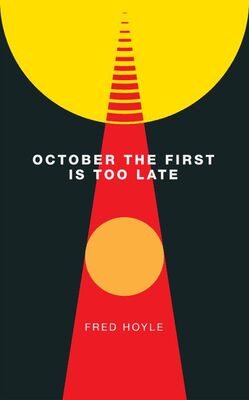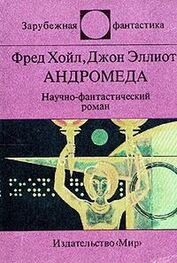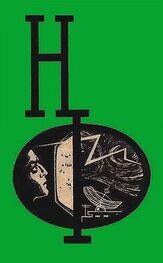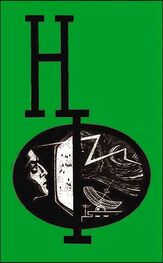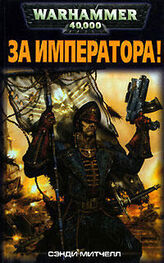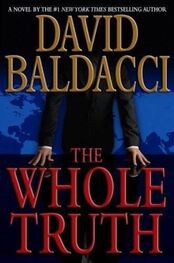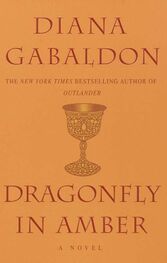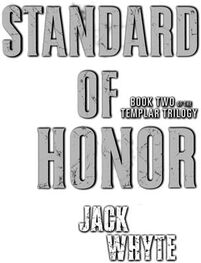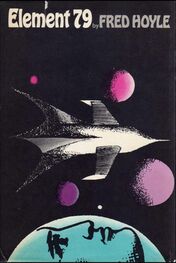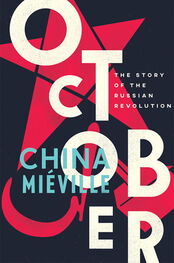After a quick, not inexpert, survey of the female company a dark-haired girl caught my attention. I thought her face the most interesting of the female element. It was a face of some considerable character. I moved over into her general environment. Because I could just make out what people were trying to say, I soon found a place in the local conversation. The girl I judged to be in her mid-twenties, a few years younger than I was. There came a lull during which a man, who was probably the host, got himself launched into a description of how he had just bought an estate of vast acreage up near Ojai.
I was able to get the dark-haired girl away to myself. Our talk was trivial in the extreme as it was bound to be. I said I was just out from Britain, a simple, not very effective ploy. Her attention became a little warmer, however, when I told her that I was a musician. It seemed I was on the way to Chopin waltzes and mazurkas again.
We were joined by an older, rather handsome woman. The girl drifted away at the first opportunity, perhaps because she was glad to be rescued or because she didn’t like the handsome woman. The woman took me on one side, saying confidentially, ‘Have you met her before, Lena I mean?’
‘No, but I’ve seen her somewhere I’m sure. Who is she?’
‘Do you mean you don’t know?’
‘Cross my heart.’
‘Helena Summers. She was in the film, The Passionate .’
‘The passionate what?’
The woman laughed, ‘No wisecracks.’ Then she became still more confidential. Taking my arm she murmured, ‘Lena’s in bad shape, plenty trouble there.’
There was no opportunity to ask what the plenty trouble was because a handsome, virile man of about my own age suddenly held the stage. I had seen him before so I was pretty sure he must be in the acting world too. He not only had the attention of the others, he had mine too. Astonishingly, he was talking about the effect of Chopin waltzes on young women.
There were two open pianos back-to-back at one end of the big room. The man began to look through a pile of music evidently with the intention of playing himself. I was becoming combative now, rather like a dog whose territory has been infringed. He started on the big Chopin waltz in A flat Major. The interpretation was quite good, the technique somewhat faulty. I found myself appreciably irritated to see the women crowding around the piano.
Then I had the good sense to feel rather ashamed. After all, a lot of practice was needed to play as well as that, which showed my handsome friend must have a very genuine affection for music. Yet I found it difficult not to be jaundiced by the way he switched in a flash to Beethoven’s short E Minor sonata. I resisted entering the discussion that followed. But then the girl Lena broke in with the remark that I was a musician. So I was thrown into the pool. I was introduced to the man. His name, Roger Berard, was just about as vaguely familiar as his face. I did my best to pretend to know it well for anything less would have seemed impolite.
‘How about playing four hands? Mozart?’
I said that would be excellent. But they couldn’t find the right music. Berard picked up the score of Mozart’s K488 concerto. ‘Do you think we could manage this?’ he asked.
I said we’d have to use both pianos.
Two experts with an understanding between them could have managed on one piano. We would have got ourselves into a hopeless tangle of hands and feet.
‘There’s only one copy. You haven’t got another?’ my partner asked the man I had guessed to be the host. ‘Why the hell should I keep two. I can’t even play one.’ This brought a chorus of after-dinner laughter.
‘We can use both pianos,’ I said. ‘If you take the solo part, I think I can manage the orchestration.’ This was more vicious than it may sound. I knew Berard was in a show-off mood. I suspected he was interested in one of the girls, not apparently the dark girl. By choosing the orchestral accompaniment I naturally had the heavier part. Besides, this was the music I cut my teeth on.
It went as I had expected up to a point. I omitted the orchestral introduction, letting him lead off with the solo part. He began aggressively but with the volume of tone I was able to roll out it must soon have become clear that there was no profit at all for him in a competition. About half-way through the first movement he stopped the nonsense. He began to listen to what he was playing. Then the whole thing went off reasonably well. On a concert platform a four-hands performance is never very attractive. Yet under casual circumstances like this it can be quite exciting, especially if it is unrehearsed. Nobody minds the hesitations and misunderstandings between the two players. It all adds to the fun. We were pressed to continue.
Surprisingly, Berard wanted me to play solo. He got out a volume of Beethoven sonatas talking avidly the while about the late ones. His instinct for music was genuine enough. I saw the artificiality of his earlier remarks really came from the society in which he was living. The world is full of frustrated musicians, people who would have liked to be musicians but who by ill chance had been forced into some other profession. I’ve met scores of them. They have one characteristic in common. By not being musicians they’ve done far better for themselves in all material respects than they’d have done as musicians.
I played the Opus 111. There wasn’t a great deal of applause at the end but the warmth was obvious. They spoke now in quiet voices, not at all like the uproar that had been going on when John and I came in earlier. It was clear they wanted me to go on but it wasn’t easy to think of anything to play after the Opus 111. Almost idly I rattled off the waltz theme of the Diabelli variations. Then I was into the variations proper. There was no turning back now. Once again my memory, or perhaps the thought of the dark girl with plenty trouble, served me well. I got through to No 33 with a sprinkling of wrong notes but without serious mishap. It was more than enough. They were overwhelmed, crushed. Well they might be. Given the slightest musical sense it is impossible not to be staggered emotionally by the greatest works played at close range. This was the way, at close range, in which the old composers intended their solo works to be heard, intimately, not from the platform in a large hall. More and more, I have come to realize just how unsatisfactory public performances on a piano are. Even the most exquisite playing comes over weakly, attenuated, and thin. It is all rather like eating a well-cooked dinner with a strong smell of antiseptic in the air.
Emotionally I had had enough now, at any rate on the piano. We got into small talk of no concern. John whispered discreetly in my ear, ‘Great stuff, Dicky. This is my phone number, give me a call tomorrow morning.’ Then he was away. At last I got a chance to talk to Lena. Her face was animated and responsive now. Odd the way it goes, I thought, mazurkas at eighteen, Beethoven sonatas at twenty-five. I wondered what the trick would be at fifty—aleatoricism? More or less spontaneously we decided to leave. This was a community in which you arrived when you pleased and left when you pleased. It would have suited Alex Hamilton. The hostess—I still didn’t know her name—asked me to call up any time I was free. It was all aboveboard and genuine. She kissed me as I left. I thought of poor John on his solitary way back to Pasadena or to wherever he was going. There was nothing like science for the good clean life.
Outside, I took Lena’s arm. She said, ‘Can I drive you somewhere?’
‘Yes, I’m looking for some place to sleep.’
‘How am I intended to take that?’
‘Quite genuinely. I’ve got to find a motel.’
Читать дальше